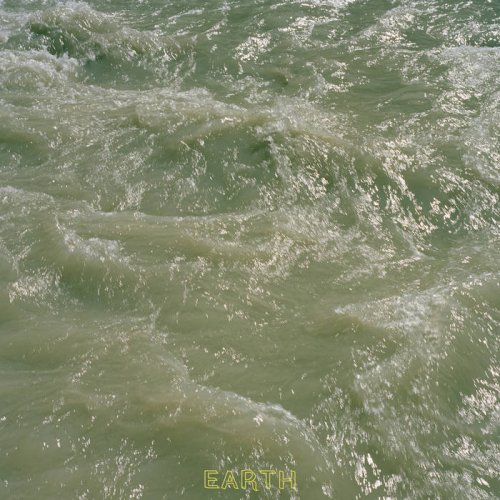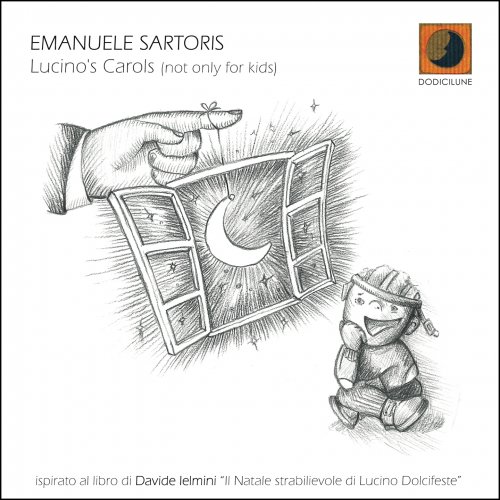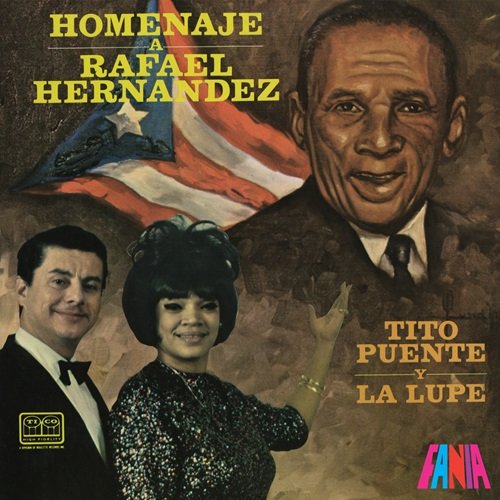Musique Infinie - Earth (2024)

Artist: Musique Infinie
Title: Earth
Year Of Release: 2024
Label: Hallow Ground / HG2401
Genre: Ambient, Classical
Quality: 16bit-44,1kHz FLAC
Total Time: 27:18
Total Size: 136 mb
WebSite: Album Preview
TracklistTitle: Earth
Year Of Release: 2024
Label: Hallow Ground / HG2401
Genre: Ambient, Classical
Quality: 16bit-44,1kHz FLAC
Total Time: 27:18
Total Size: 136 mb
WebSite: Album Preview
1. Creation (14:25)
2. Destruction (12:53)
Musique Infinie is the collaborative project of Manuel Oberholzer a.k.a. Feldermelder and Noémi Büchi. Their album »Earth«, released through Hallow Ground, is based on a spontaneously composed live score for Alexander Dovzhenko’s groundbreaking 1930 silent film »Zemlya« (»Earth«) created for the 24th edition of Videoex – International Experimental Film & Video Festival. Frequently cited as a masterpiece of early 20th century filmmaking, the movie deals with the collectivisation of Ukraine’s agriculture. The Swiss duo complemented it with atmospherically rich electronic soundscapes that are both deeply immersive and highly evocative. As a stand-alone music release, the two-piece album »Earth« captures the essence of Büchi and Oberholzer’s collaboration that is marked by mutual trust and musical versatility that puts them in a state of »togetherness trance,« as they call it.
Oberholzer has been highly productive as a composer, musician, sound designer, and installation artist in recent years, releasing a slew of solo albums as well as a variety of collaboration records with artists such as Sara Oswald and Julian Sartorius. Büchi has recently debuted as a solo composer and sound artist working with electroacoustic techniques to create a »symphonic maximalism for the end of the world,« as she dubs it. Both are prolific and versatile artists with a penchant for working conceptually, however their collaboration as Musique Infinie is an improvisational and thus by design intuitive one. Their sessions start with an exchange on emotions and thoughts rather than theoretical questions or aesthetic debates. When they get to work—often for several hours—they rarely talk. They approached »Earth« the same way, improvising freely together and using only a few select samples from the film’s original score in the process.
Their open-ended approach is marked by an aesthetic ambivalence that perfectly corresponds with the movie’s own inherent contradictions. Dovzhenko approached his socio-political subject with poetic imagery and philosophical rigour, juxtaposing notions of traditionality with the depiction of modernity. Büchi and Oberholzer accordingly work with motives that at once seem anthemic and elegiac, working with sounds and musical motives that evoke a sense of familiarity in one moment before transforming into something futuristic and uncanny in the next. Their score for »Zemlya« is not to be understood as a mere interpretation of the movie, but rather a re-narration or even re-negotiation of its aesthetic and emotional qualities under their very own terms. »Earth« is an album that concisely depicts what is at the core of their musical partnership.


![Dexter Gordon - More Than You Know (2025) [Hi-Res] Dexter Gordon - More Than You Know (2025) [Hi-Res]](https://www.dibpic.com/uploads/posts/2025-11/1762452633_cover.jpg)

![Nat King Cole - Ramblin' Rose [Bonus Tracks] (2017) Nat King Cole - Ramblin' Rose [Bonus Tracks] (2017)](https://img.israbox.com/img/2025-11/02/h3y4f015x6zoes6wyl39dw23h.jpg)



